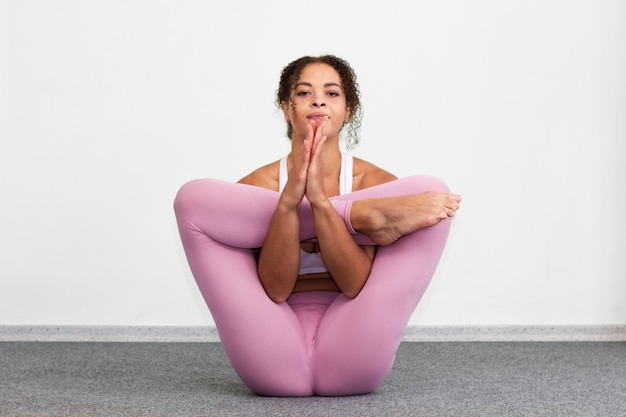
Yoga isn’t just about being super flexible; it can actually boost your memory, heart, and bone health. Brits are hooked on yoga, spending around £790 million on classes and gear each year. While yoga practices get more creative, with versions such as rage yoga, naked yoga, and yoga with pets, its real benefits are backed by science.
Research from UCLA showed that a three-month yoga and meditation course was more effective than traditional memory exercises at improving memory and reducing age-related brain changes. This practice also helped breast cancer survivors improve their sleep.
Lucy Edge, once an advertising executive, turned to yoga during a bout of depression instead of taking prescribed antidepressants. She spent six months in India learning yoga, and while she didn’t achieve a “yoga goddess” body, she returned feeling happier and more content. She’s now an author and founder of Yoga Meds, a site compiling over 300 clinical trials showcasing yoga’s benefits for various conditions.
If your approach to memory training only includes crossword puzzles and Sudoku, it might be time to try some yoga. The UCLA study compared 12 weeks of memory exercises and yoga and found that the yoga group had better memory, reduced depression and anxiety, and increased resilience to stress.
Heart health also benefits from yoga. A systematic review of yoga and cardiovascular disease found that yoga can lower heart disease risk as effectively as conventional exercises like brisk walking. Stress management through yoga can help reduce heart disease risk based on its positive effects on emotional health.
For stress reduction, try gentle yoga poses or Restorative yoga, which involves supported postures held for long periods, providing a significant break for your nervous system.
Yoga isn’t just good for stress and heart health but also beneficial for managing back pain and boosting bone density. The National Institute for Clinical Excellence includes yoga in its guidelines for lower back pain. Specific styles like Hatha or Iyengar yoga are recommended for beginners or those with specific health conditions.
When choosing a yoga mat, consider where you’ll use it, its weight for portability, your height, and its thickness. A thicker mat provides better joint support and comfort. The Elephant Cork Yoga mat from Valka Yoga, for example, is an eco-friendly option with a natural rubber base for extra padding.
Yoga blocks, like those made from cork, help with stability and grip, making it easier to get into and hold challenging poses.
Different yoga styles cater to various needs:
– Yin or Restorative yoga for relaxation and stress relief
– Vinyasa Flow for an energetic practice linking breath and movement
– Iyengar yoga for precise alignment and detailed postures
– Anusara yoga for a modern, upbeat practice
– Yoga Therapy for those needing to adapt yoga for healing purposes
Whether new to yoga or a seasoned practitioner, the right props can enhance your practice.